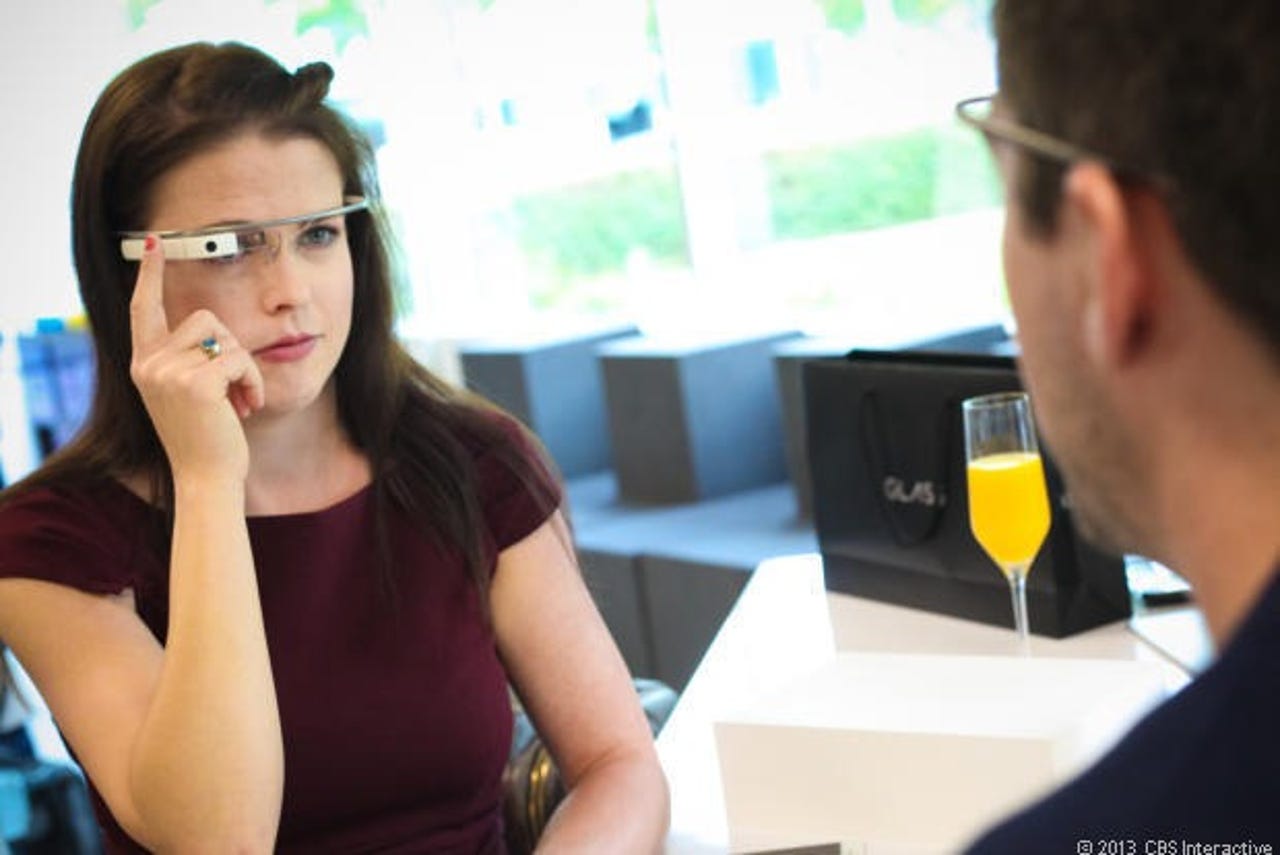Google Glass headset isn't dead, says Eric Schmidt

Google may have shut its explorer program, but the company is far from finished with Google Glass, according to Google executive chairman Eric Schmidt.
While there have been bumps in the road in the Explorer program, the technology is too important to scrap, Eric Schmidt said in an interview with the Wall Street Journal on Monday. The Google Glass headset is set to return -- but in the meantime, it is being made "ready for users."
Google Glass eyewear is a web-connected headset which allows users to take photos, record footage and access apps through voice and gesture control. Originally revealed in 2013, the headset has suffered its share of controversy. While Google called its headset users "Explorers," critics deemed them "glassholes" in relation to privacy concerns -- after all, few people enjoy having a camera focused on them in public -- the headset came with a high price tag of $1500, there was limited availability of the device and developers quickly lost interest in the Glass ecosystem.
The Explorer program, a scheme which allowed interested parties to apply for a headset, ended abruptly in January. At the time, Google said the program was being closed so its developers could "focus on what's coming next," and there will be "future versions of Glass when they are ready."
The Google Glass project has now moved out of the Google X research lab, where the headset was first developed, and is now a stand-alone unit overseen by Tony Fadell, the leader of Google's Nest connected devices and Internet of Things (IoT) division. Nest was acquired by Google last year for $3.2 billion.
Featured
The Google executive told the publication:
"It is a big and very fundamental platform for Google. We ended the Explorer program and the press conflated this into us canceling the whole project, which isn't true. Google is about taking risks and there's nothing about adjusting Glass that suggests we're ending it."
In December, reports surfaced which suggested Google was working on a cheaper version of the headset, which would supposedly be powered by an Intel chip and come with longer battery life.
Research firm IDC estimates that the global market for wearables will expand to 111.9 million units by 2018, prompted by increased consumer interest. We are yet to see if Google Glass in any form will be among these devices.
Read on: In the enterprise
- Samsung Business launched to tap into IoT, enterprise market
- Facebook updates guidelines: To ban or not to ban?
- Accenture snaps up Agilex to boost digital federal agency offerings
- Amazon moves into movie market
- Samsung taps new design chief
- Dell, FireHost partner in secure private cloud services push
- Lenovo, Zenoss partner to improve IT solution delivery
